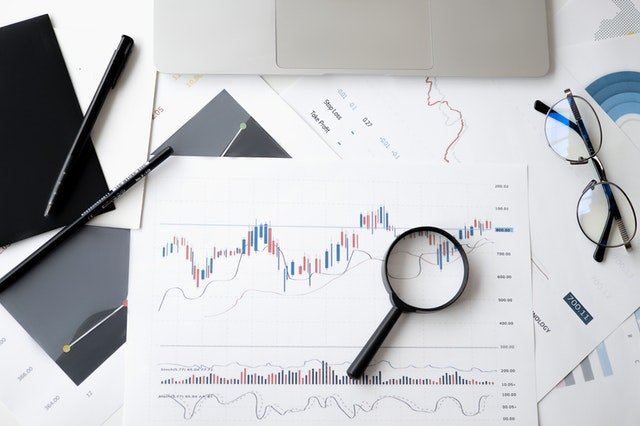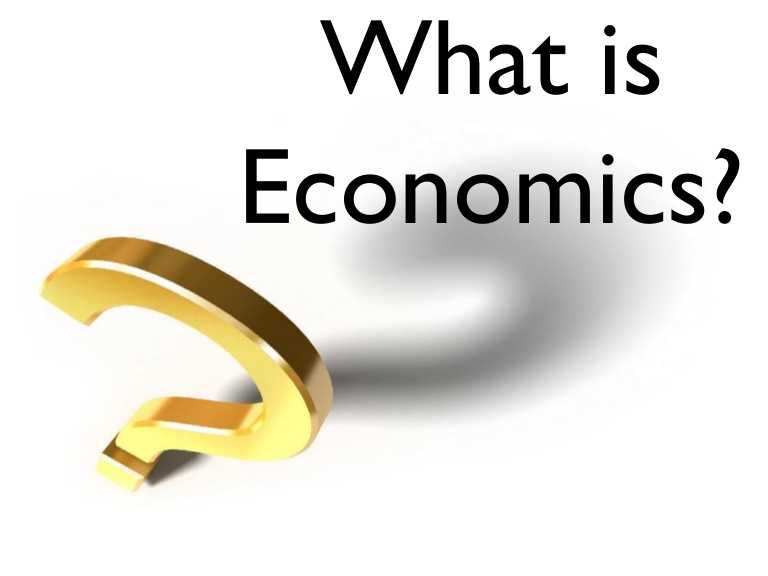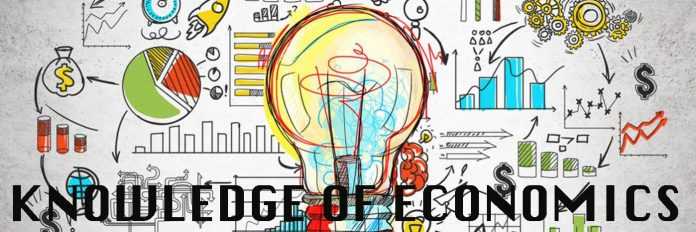Importance Of Economics System

Economics is concerned with the optimal allocation of capital in society.
This includes knowing what happens in markets and in the macroeconomy as well as examining and explaining the significance of statistics on the state of the economy by understanding different policy options and evaluating their likely results.
This in return helps the government while dealing with a raw material shortage in the country.
What is Economics?
Economics which is considered a social science employs scientific methods to comprehend how scarce resources are exchanged within society.
Economists research theories and practices that can be used to formulate government policies because they have a thorough understanding of how to achieve efficiency in today's world.
As we run short of raw materials like gas and oil, economics offers a framework for looking at the potential implications of how capital in society can be distributed.

Redistributing income
In order to establish economic incentives, inequality is necessary or inequality creates needless economic and social probability.
In the global policy debate, economic inequality has come to the forefront.
The apparent effect of globalization and technological change, as well as the cost of counteracting these forces, is causing concern in advanced economies.
In developed countries, where inequality is higher, the question is whether it is a significant impediment to growth and poverty reduction. The redistribution of wealth is the same in both cases.
Government intervention in the Economy
The degree to which the government should intervene in the economy is a critical division in economics.
Economists of the free market, such as Hayek and Friedman, advocate restricted government interference and free markets.
Other economists such as Stiglitz or Krugman claim that government action will address inequality and under-provision of public goods.
Should the government, for instance, offers health care free at the point of use, or is it more effective to support private health care?

Importance of Economics
Individuals, societies, and modern states are all governed by economics.
The importance of economics is extremely relevant in international relations as it is useful in solving a variety of problems. Below are some of its practical benefits:
The principle of the cost of opportunity
By promising more spending and cutting taxes, politicians win elections.
This is because what people want to hear are lower taxes and more investment. An economist, however, would be conscious that everything has the cost of an opportunity.
Spending more on free university tuition subsidies may suggest higher taxes and reduced spending elsewhere.
Again, giving a stipulated amount every year to students to invest in universities could be a noble idea, but can this be regarded as the best use of public resources?
There are other better options to use this cash, which can include spending on primary education.

Improvement in social matters
Countless cases of consumer failure are the product of the free market.
Providing ways to solve market failure is one of the strongest applications of economics.
For example, driving to the center of the city produces negative externalities.
This includes noise and congestion. To combat these problems, an economist may propose a tax on driving into towns.
New taxes are not common, but they could provide society with a better solution.
In this scenario, commuters may not be willing to pay $5 a week driving into the city center, but if it saved them two hours stuck in a jam, maybe they will be more than willing to pay for it.
Awareness and comprehension
Understanding what is happening in the economy and investigating the causes of poverty, unemployment and low economic growth are some of the key tasks for economists.
Economists provide data and forecasting to help businesses and governments make better decisions.
This economic intelligence – or understanding of economics – is based on data and modeling.
Provides Economic predictions
Economic predictions are more complex than understanding the actual situation.
Nevertheless, while economic predictions are not always accurate, they can help give decision-makers an idea of potential results. Our daily lives are influenced by economic problems.
Taxation and inflation, interest rates and wealth, inequality and emerging markets, and energy and the environment are all examples of this.
Economics is a broad topic that offers answers to a variety of health, social, and political issues that affect individuals and communities.

Dealing with Economic recession
A major increase in unemployment was precipitated in the 1930s by the Wall Street Crash. A debate about how to respond was held.
Taxes, tariffs, and benefits have been increased by many western governments.
This reaction led John M. Keynes to create a new economic division focused on coping with a prolonged recession.
Like maths, economics is not a conclusive study.
It is difficult to be definitive about outcomes because of several unknown variables, but a good economist would be aware that the result depends on various variables, and there are different potential outcomes.
This should help stop an approach that is excessively ideological.
A government may have the ideology that 'free markets are always best' but an economist would be aware of a more complex view that government intervention may solve market failure and boost welfare in some markets, such as health care, transport.
But it doesn't say, at the same time, that state interference is always the best.
Author Bio
The Editorial staff includes content researchers from various areas of knowledge. They add a plethora of expertise to the Hubslides Editorial team. They constantly and frequently oversee, produce and evaluate contents that are most ideal to aid impacting knowledge to readers.
Article Comments
No Comments!
At present there are zero comments on this article.
Why not be the first to make a comment?
Similar Articles
Sponsor
Search Articles
Experts Column
Latest Articles
Featured Articles
Most Popular Articles












